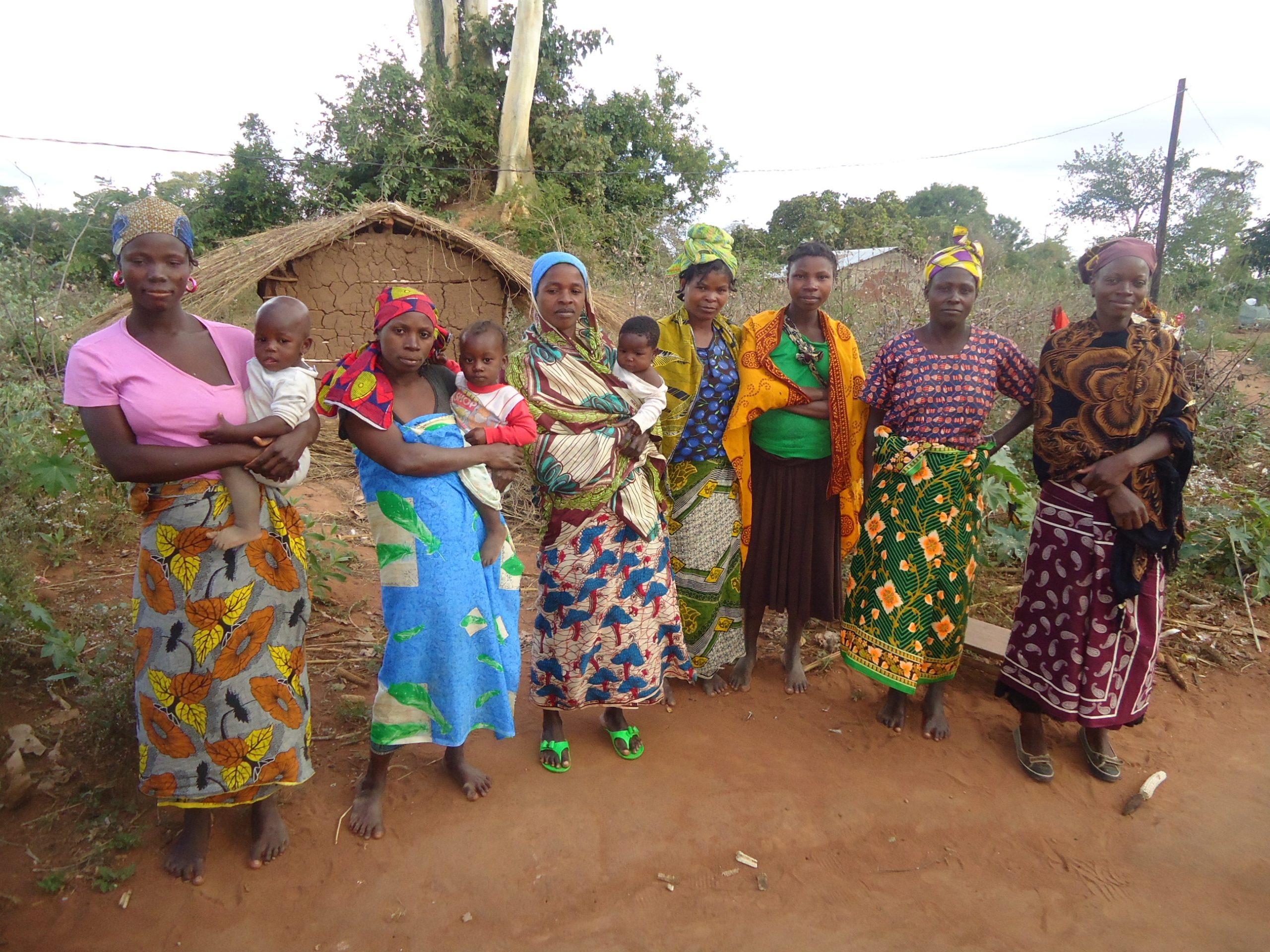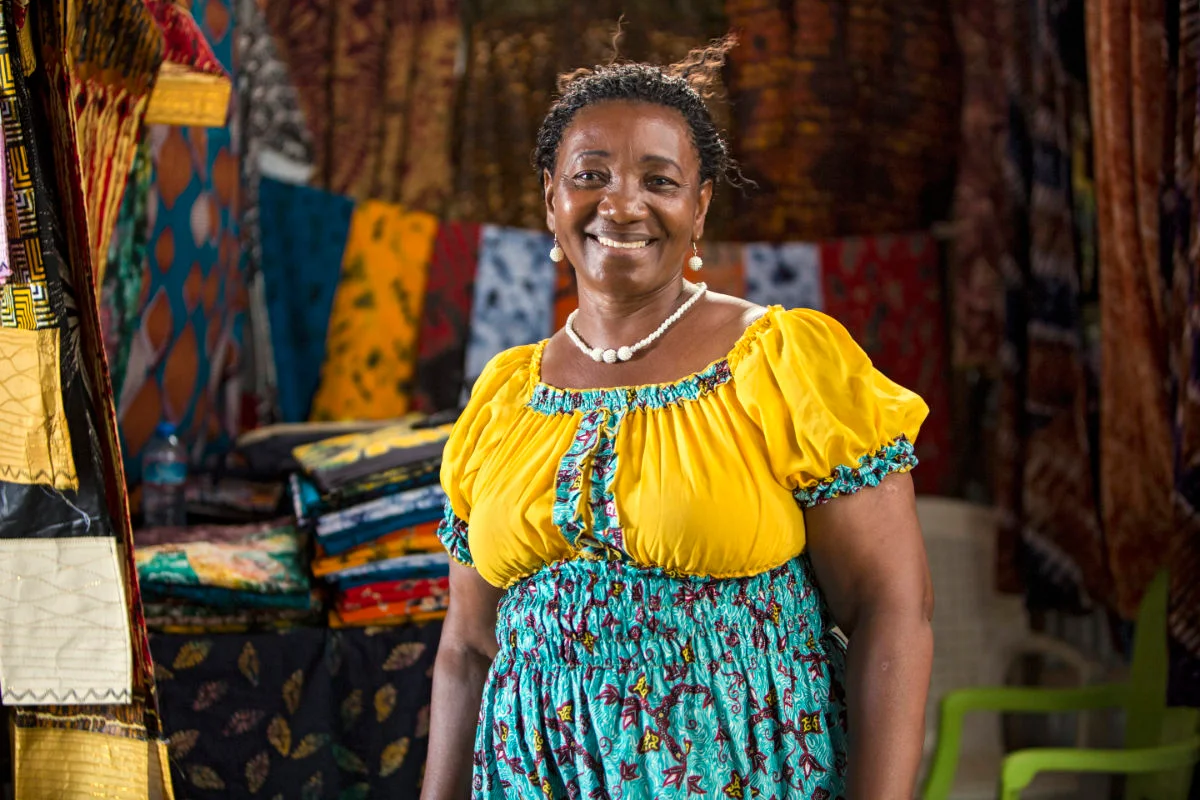
Access to quality education is a cornerstone of sustainable development, yet rural communities often face significant challenges in this regard. The Foundation for Health and Education Development (FHED) recognizes that education is not just a fundamental right but also a critical tool for empowerment and societal growth. Through targeted teacher training programs and strategic school renovations, FHED is transforming the educational landscape in rural Cameroon.
The Challenges in Rural Education
Rural education in Cameroon is plagued by several obstacles, including:
- Limited Infrastructure: Many schools lack basic facilities such as classrooms, desks, and functional restrooms.
- Untrained Teachers: Educators in rural areas often lack formal training, limiting their ability to deliver quality instruction.
- Resource Constraints: A shortage of textbooks, teaching aids, and other learning materials hampers the learning process.
These challenges contribute to low literacy rates, high dropout levels, and limited opportunities for children in these areas. Addressing these issues requires a holistic approach, which FHED has embraced through its programs.
Transforming Education Through Teacher Training
Teachers are the backbone of any educational system, and their competence directly impacts student performance. FHED’s teacher training programs aim to:
- Enhance Teaching Skills: By offering professional development workshops, FHED equips educators with modern teaching techniques, classroom management strategies, and subject-specific expertise.
- Promote Inclusive Education: Training sessions focus on inclusive practices to accommodate diverse learning needs, including those of children with disabilities.
- Encourage Community Engagement: Teachers are trained to work collaboratively with parents and community leaders, fostering a supportive learning environment.
The results of these efforts are evident in improved student outcomes and increased teacher confidence. One participant remarked, “FHED’s training has given me the tools I need to make learning engaging and effective for my students.”
The Role of School Renovations in Creating Conducive Learning Environments
A child’s ability to learn is heavily influenced by their physical environment. FHED’s school renovation projects address critical infrastructure gaps by:
- Constructing and Renovating Classrooms: New buildings and repaired facilities provide safe, functional spaces for learning.
- Improving Sanitation Facilities: Installing clean and accessible restrooms promotes hygiene and reduces absenteeism, particularly among girls.
- Providing Essential Resources: Renovated schools are equipped with desks, blackboards, and other necessary materials to enhance the learning experience.
For many children, these improvements mark the first time they have access to a proper classroom. A parent from a recently renovated school commented, “The changes have motivated our children to attend school every day. They now have a space where they feel comfortable and eager to learn.”
The Ripple Effect: Long-Term Benefits of FHED’s Initiatives
The impact of teacher training and school renovations extends far beyond the classroom. These initiatives:
- Boost Enrollment Rates: Improved facilities and better teaching attract more students to schools.
- Reduce Dropout Rates: A welcoming and engaging learning environment encourages children to stay in school.
- Empower Communities: Education fosters economic opportunities, civic participation, and overall community development.
Partnering for Change
FHED’s success is rooted in collaboration. By working with local governments, international organizations, and community stakeholders, FHED ensures that its programs are sustainable and impactful. These partnerships enable resource mobilization and foster a sense of ownership among community members.
Improving rural education requires a multifaceted approach that addresses both human and physical resources. FHED’s initiatives in teacher training and school renovations are creating a foundation for lasting change, empowering students and communities to break the cycle of poverty. By investing in education, FHED is paving the way for a brighter, more equitable future for rural Cameroon.
Would you like to learn more about FHED’s work? Visit FHED’s Website to explore how you can support our mission to transform rural education and empower communities.


